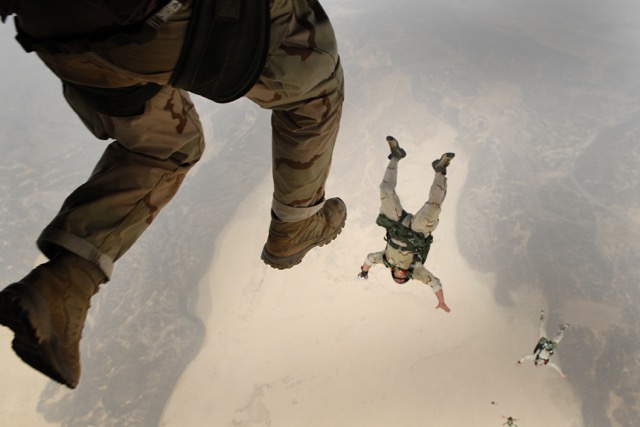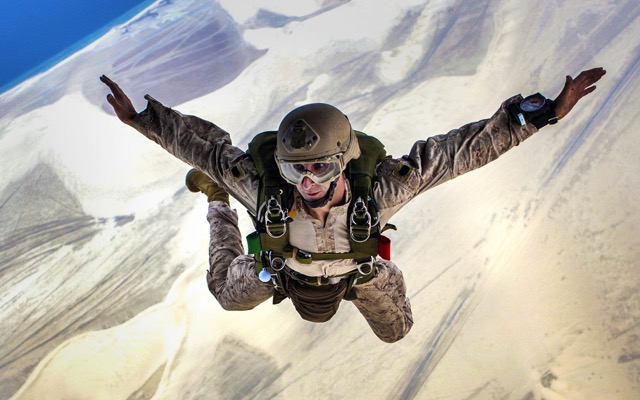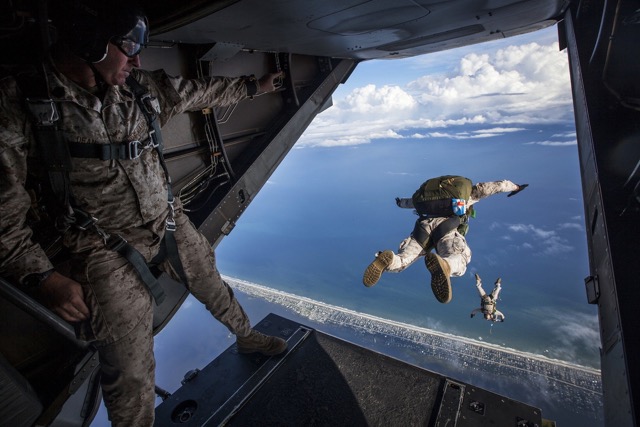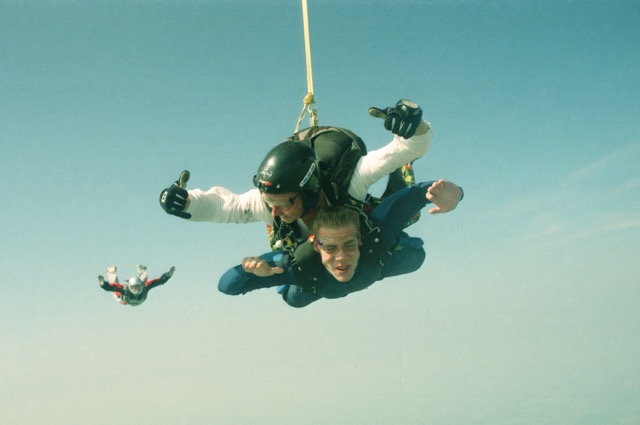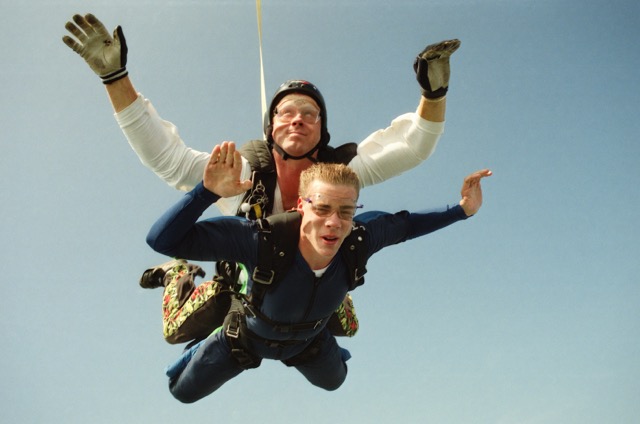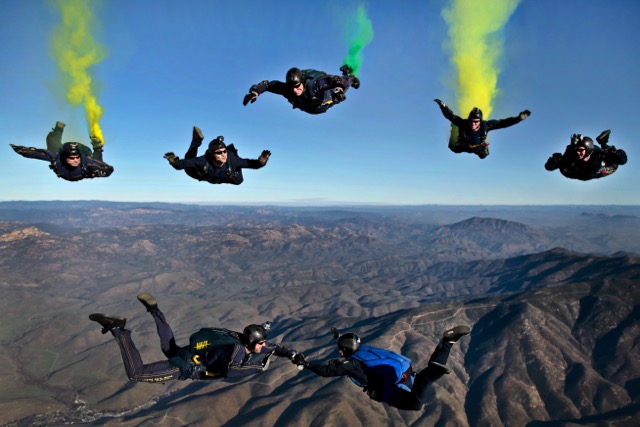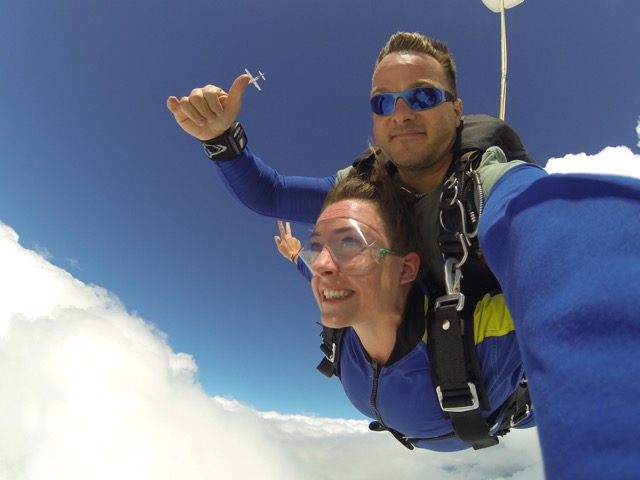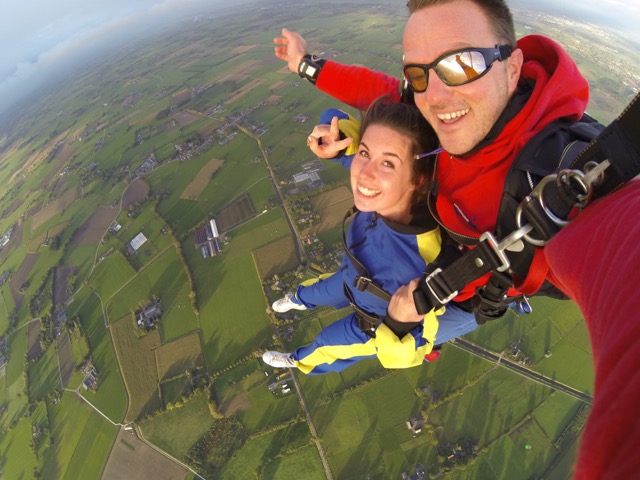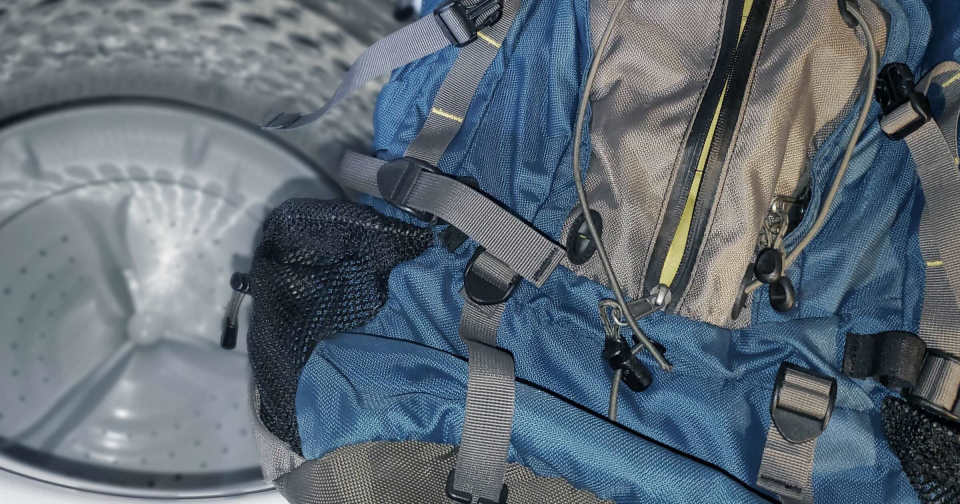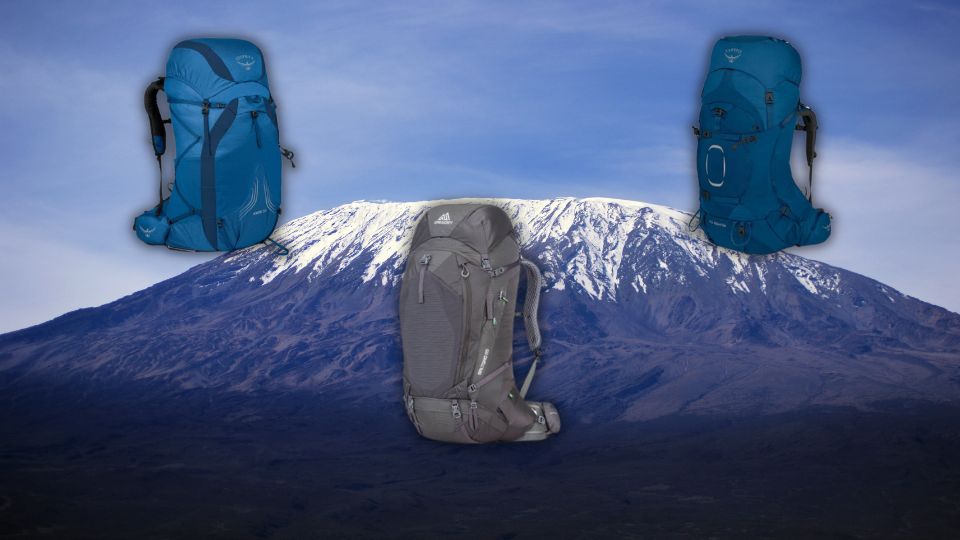We’ll delve into the topic of whether babies can go skydiving and evaluate the safety considerations involved. Additionally, we’ll discuss the minimum age requirements for skydiving, the issue of skydiving while pregnant, and who may be restricted from this adrenaline-fueled activity. So, whether you’re a thrill-seeker or simply curious about skydiving, let’s uncover some important insights that will help you make informed decisions for your skydiving adventures ahead.
Introduction
Skydiving is an extreme sport that requires a certain level of physical and mental readiness. It’s an exhilarating experience, but is it suitable for babies? The short answer is no, babies cannot go skydiving. Skydiving involves a high level of risk and can be very dangerous, especially for individuals who are not able to understand and follow safety instructions. This includes babies, who lack the physical and cognitive development to participate in such activities.
When it comes to skydiving, safety is paramount. Skydiving requires participants to be in good physical condition, have the ability to understand and follow instructions, and possess the necessary judgment and decision-making skills. Babies, due to their limited physical abilities and cognitive development, do not meet these requirements. Their bodies are fragile and still developing, making them more susceptible to injuries. Additionally, they do not possess the understanding or ability to communicate, which could be critical in an emergency situation during a skydive.
Furthermore, there are age restrictions imposed in the skydiving community for safety reasons. The youngest age at which a person can skydive varies depending on the country and the skydiving facility. In many places, the minimum age for skydiving is around 18 years old. This is because individuals in their late teens or early adulthood generally have the physical and mental capabilities required for skydiving.
- Skydiving facilities typically require participants to sign a liability waiver to release them from any legal responsibility in the event of an accident or injury. Babies are not able to give informed consent or sign such waivers, which poses legal and ethical challenges.
- The safety equipment used in skydiving, such as harnesses and parachutes, are designed and tested for adults and older children. They are not suitable or safe for infants.
- Lastly, the intense and high-speed nature of skydiving can be overwhelming and potentially traumatizing for a baby. The loud noise, rapid descent, and sudden changes in air pressure could cause distress and harm to their delicate physical and emotional state.
Is It Safe for Babies to Go Skydiving?
The idea of taking a baby skydiving might seem extreme and even dangerous to many people. After all, skydiving is an activity that involves jumping out of an airplane thousands of feet above the ground. It requires a certain level of physical ability and mental readiness. So, is it safe for babies to go skydiving? Let’s explore this question further.
First and foremost, it is important to note that most reputable skydiving centers have age restrictions in place. These restrictions are in place for the safety of the individuals participating in the activity. In general, babies and young children are not permitted to go skydiving due to the risks involved. Skydiving requires a certain level of physical strength and coordination that babies simply do not possess.
Additionally, skydiving involves the use of parachutes, harnesses, and other safety equipment. These devices are designed to fit adult bodies and might not be suitable or safe for a baby. The potential risks associated with using ill-fitting equipment can outweigh any potential thrill or experience a baby might have during a skydive.
What Is the Youngest Age You Can Skydive?
Skydiving is an adventurous and thrilling activity that attracts people of all ages. However, when it comes to the youngest age for skydiving, there are certain regulations and guidelines that need to be followed to ensure safety. Generally, the minimum age for skydiving varies from country to country and even from drop zone to drop zone within a country. It’s essential to be aware of these age restrictions before planning a skydiving adventure for yourself or your loved ones.
In the United States, the minimum age for tandem skydiving, which is the most common type of skydiving for beginners, is 18 years old. This means that individuals under the age of 18 cannot participate in tandem skydiving unless they have written parental consent. The reasoning behind this age restriction is to ensure that participants have the physical and mental maturity required to understand and execute the necessary safety procedures involved in skydiving.
However, it’s important to note that there are skydiving programs specifically designed for younger individuals. These programs, known as “kid jumps” or “child skydiving,” allow children as young as 16 or even 12 to experience the thrill of skydiving under the close supervision of trained instructors. These specialized programs typically have additional safety measures in place to cater to the younger age group.
Can You Skydive 3 Months Pregnant?
Skydiving is an exhilarating sport that allows individuals to experience the thrill of freefalling from an airplane. However, there are certain safety precautions that need to be considered, especially for expectant mothers. One common concern is whether it is safe to skydive while being three months pregnant.
First and foremost, it is crucial to prioritize the health and safety of both the mother and the baby. Skydiving involves a significant amount of physical stress on the body, mainly due to the rapid changes in altitude and the intense forces experienced during freefall. While there is no concrete evidence to suggest that skydiving can directly harm a developing fetus, medical professionals generally advise against participating in high-risk activities during pregnancy.
Additionally, each pregnancy is unique, and factors such as the mother’s overall health and any existing medical conditions should be taken into account. It is crucial to consult with a healthcare provider and obtain their professional opinion before making a decision. They will be able to assess the individual’s specific circumstances and provide personalized guidance.
Moreover, it is essential to consider the potential risks involved in skydiving, even for individuals who are not pregnant. Accidents can occur, and while skydiving has become significantly safer over the years, there is still a minimal risk associated with the sport. This risk might be amplified for pregnant women due to the physiological changes and increased vulnerability during this time. The impact of a rough landing or an unexpected event could potentially harm the developing baby and the mother.
Who Is Not Allowed to Skydive?
Skydiving is an exhilarating and adrenaline-pumping activity that many people enjoy. However, it is not suitable for everyone. There are certain individuals who are advised against skydiving due to various factors. It is essential to prioritize safety when participating in such extreme sports. We will discuss the people who are not allowed to skydive.
1. Pregnant Women: One of the most crucial groups not permitted to skydive is pregnant women. The high-impact nature of skydiving and the sudden changes in pressure could potentially harm the developing fetus. It is strongly recommended that pregnant women avoid any activities that pose potential risks.
2. Young Children: While it may seem tempting to take younger children skydiving, there is a minimum age requirement that varies by country and skydiving center. In general, children under the age of 18 are not allowed to skydive without written consent from a parent or guardian. Safety regulations prioritize the well-being of children and ensure they are physically and mentally capable of handling the experience.
3. People with Certain Medical Conditions: Individuals with specific medical conditions or disabilities may be advised against skydiving. Conditions such as heart problems, high blood pressure, epilepsy, and lung-related issues can pose an increased risk during skydiving. It is important to consult with a healthcare professional before considering skydiving if you have any underlying medical conditions.
- Age restrictions: Skydiving centers usually have minimum age requirements that must be met in order to participate.
- Health restrictions: People with certain medical conditions or disabilities may not be allowed to skydive.
- Pregnancy: Pregnant women are strongly advised against skydiving due to potential risks to the fetus.
Safety should always be the utmost priority when participating in extreme sports like skydiving. It is crucial to follow the guidelines and restrictions set by skydiving centers to ensure a safe and enjoyable experience for everyone involved.

